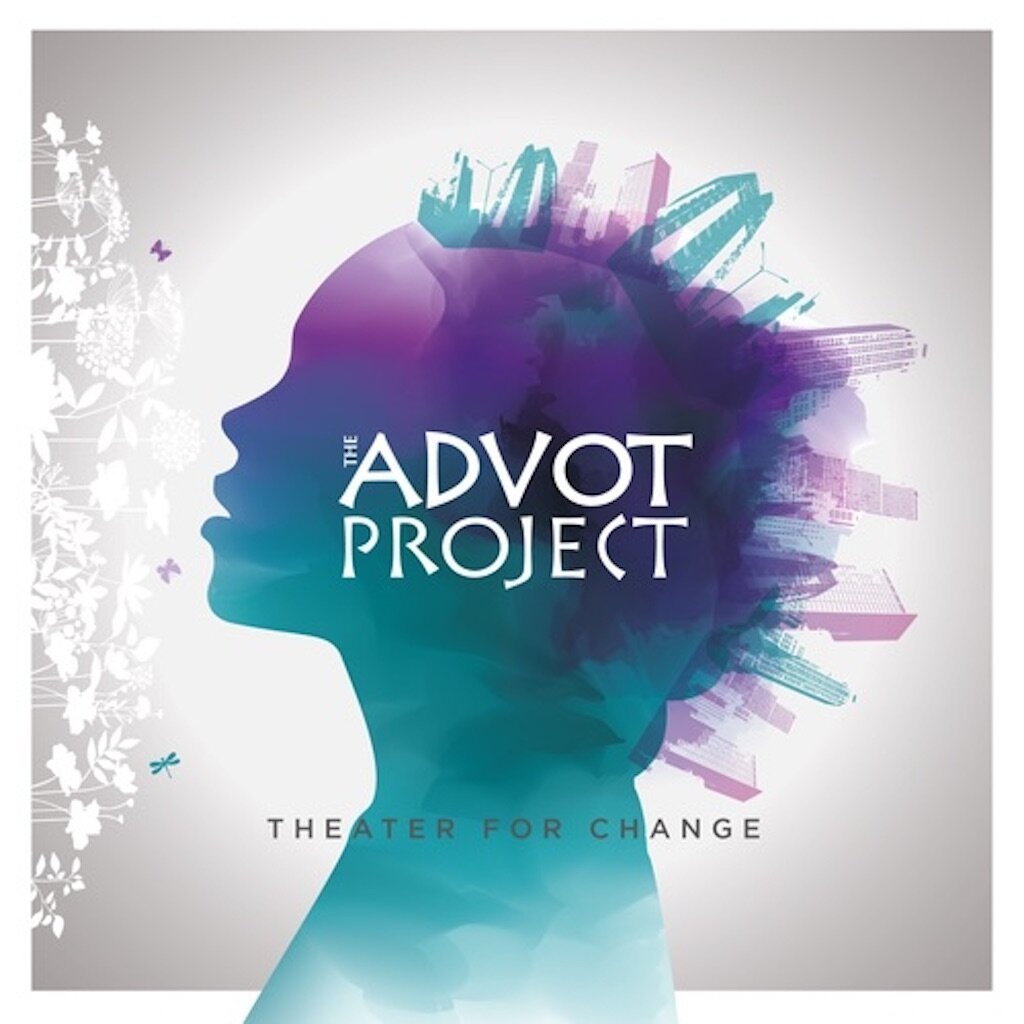I have spent decades of my life saying goodbye to people I love.
Family, friends, my parents, and, now, my children.
My oldest graduated from high school and is on a gap year abroad. I have now said goodbye to her twice. It is great to see her spread her wings and there is a feeling of contentment that she is ready to embark on her own journey, but, at the same time, it is not easy to watch her fly. Her flight is absolutely glorious, but it means that she is no longer my little girl and is turning into a spectacular young woman.
In Hebrew, when you say goodbye to someone, you say “Le’hitraot” which means “until we meet again.” I know, of course, that my goodbye to my child signifies “until I see you again,” which hopefully will be sooner rather than later. But every time she leaves, I know I am saying goodbye to a chapter of her life and a chapter of our life together that is over. There is something absolutely beautiful about this and yet it makes me feel a little sad.
My students constantly share with me the struggles of saying goodbye to their old ways. Goodbye to the gang, to the drugs, to the hustle. They say goodbye to so many things that, although they were not good for them, were once home. It really is not easy. Even the most successful ones tell me how every once in a while the old life calls them back. It is familiar. It is comfortable and, many times, it is a fast way to make money.
“I ain’t gonna lie, Ms. I could make the rent for my spot in a hot minute if I did other stuff.”
“I know that,” I say.
“No shit you can,” someone said from the back of the room, “but you ain't gonna do that ‘cause you don’t want to lose your kids and go back to the slammer.”
“You said goodbye to that life, Girlfriend. Adios, arrivederci, au revoir, auf wiedersehen, bye-bye, cheerio, good day, good-bye, goodbye, sayonara, so long! THAT life is over, done, caput! You hear me?”
I was impressed with the many ways they knew how to say goodbye. I was going to add “shalom” and tell them about “le hitraot,” but decided to stay quiet instead.
I saw that this was going to get them talking.
“You can say hello again to your old life when you have changed and are so strong that it is as if you are meeting that life all over again. And then I’ll tell you what will happen. You will be surprised that that was ever your life, and that you did that shit to begin with.”
Hello and goodbye. Beginnings and endings. Old and new. My daughter is growing and changing. Every goodbye is hard not only because she is leaving but also because she is becoming more and more her own person and ending her chapter with me. Each hello is incredibly exciting because of who she is turning into. I am so proud. I am so insanely lucky that I almost don’t feel right about feeling sad about her being gone.
“Our goodbye to that life is so we can change. You can’t change if you don’t say goodbye. You can’t change if you go back.”
“Are you stupid? If you go back, you didn’t change.” There is a lot of chatter in the class.
“No,” someone adds. “You can go back and be the change. Ms., didn’t someone important say that?”
“You just did.” I laugh and teach them the word and meaning of “le’hitraot.”
“Walking away doesn’t mean you can’t go back. It means you go back, and you are different, that you aren’t doing your old ways, but maybe, just maybe, you can help other people change and to change the place you came from.”
“I got it! I got it,” he tells me. He pulled the quote up on his phone.
"’Be the change you wish to see in the world.’ Mahatma Gandhi said that, Ms.” He looks at his phone, laughs and adds, “That Mahatma dude is a fucking cute motherfucker with his little glasses and bald head. I would totally put a tattoo on his head, a peace one not a gang one.”
I can almost feel Mr. Gandhi smile in his grave from the thought of this big tatted ex-gang member pulling his quote up from the gods of Google and becoming impressed, inspired, and motivated by it. Not sure that he would want a tattoo, but, nevertheless, I think he would be content.
He looks at the class and tells them, “If we want to stop the pain and the trauma that happened to us, we must say goodbye and come back changed, strong, and willing to work hard for our kids and our community.”
Someone from the back of the class asks, “Hombre, te postulas para presidente?” (“Man, are you running for president?”)
I say, “He is not, although he could. He is being the change he wants to see in the world.”
He smiles at me and says, “I wish I could say hello to that Mahatma man, Ms.”
“You just did,” I tell him.
As clichéd as it might sound in that moment, we were the change.

